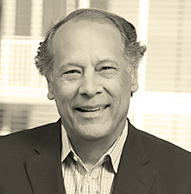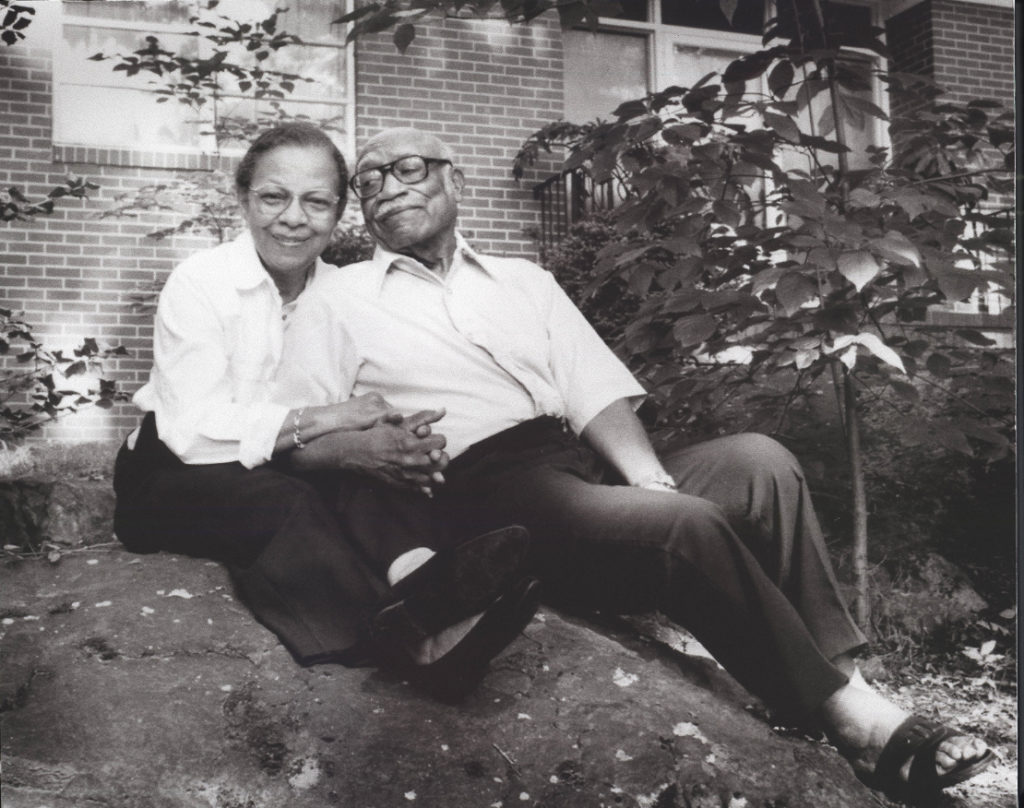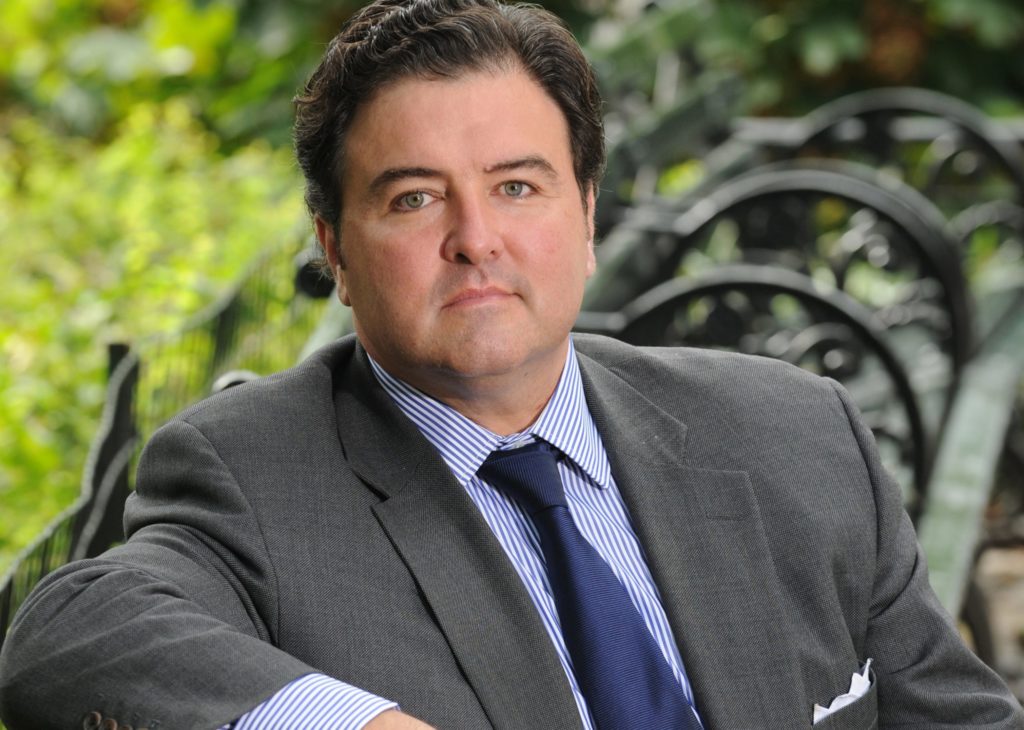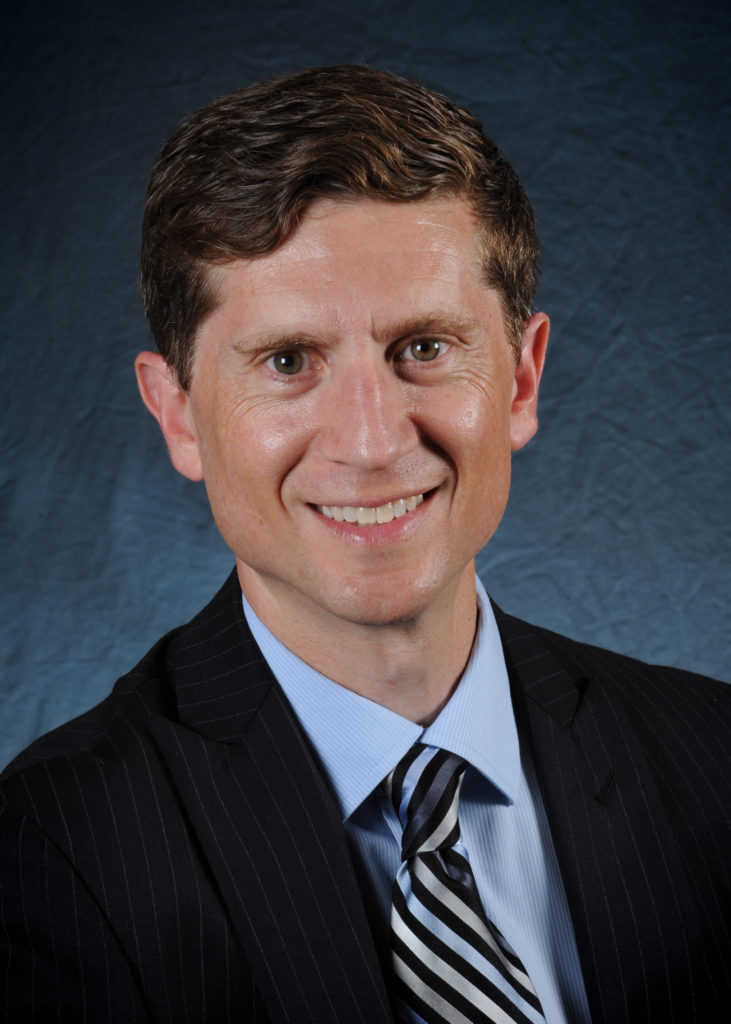
Nelson Schwab III (’67) has worked tirelessly in service of UNC, through work on the Board of Visitors, as a Board of Trustees member, and on the board of the Institute for the Arts and Humanities. For the last two years, he served as Vice Chair of the IAH Advisory Board. Beginning July 1, 2017, Schwab began his position as Chair, succeeding Caroline Williamson. Below is an edited Q&A. You can listen to the full interview on The Institute podcast.
You were an English major. What was your favorite class?
My favorite class ended up being a religion course. Dr. Boyd, who is no longer with us, he was a fantastic teacher. His courses had 300-400 people in a class and yet they were hard to get into. That was one of my favorites. You are basically studying the Bible but it came to life in that classroom. He was terrific.

What are some of the ways you have been able to serve as a Carolina alum?
It really changed my life. I came here not knowing one person and left with friends 50 years later I still have to this day. And I am making new ones still. It’s really enriched my life in so many ways. I just looked for ways to give back, to express that gratefulness in actions that would benefit the university in some way. Originally, I got involved with the Board of Visitors. And then my second area of involvement was with the Institute for the Arts and Humanities. I met IAH founder Ruel W. Tyson. This was probably about 25 years ago. I really liked what he was trying to do. It was the very early days of the Institute. He asked me to help and I willingly did. I served eight years on the Board of Trustees. This was a great honor and privilege. I got to know the university so much better. I have been on the investment board and that ties into somewhat with what I do in my day job, but a great learning experience. And hopefully I have done something good for the university.
Why is it important to support the Institute for the Arts and Humanities?
Ruel’s vision was to create something that would support and foster really good professors. I mentioned Dr. Boyd as someone who stood out in my mind — I can recall several others. That became the soul of the university. They are conveying the knowledge to the next generation that hopefully perpetuates itself. The better prepared, the better trained, the happier the professors are here, the better off the experience will be for the students. It creates a great learning environment. I just thought that made sense. I love that it became about the arts and humanities. That’s something that is important for students to learn. It broadens your life. You can’t just go into business, law, or medicine and not live a life outside of that as well. This prepares you for a more whole life.
You are Co-Founder of Carousel Capital, a private equity firm. How has your time at Carolina contributed to your success?
One of my best friends here was Erskine Bowles, and he and I formed Carousel together. It was that association that started off here. As I look back on my days here, I participated in many clubs and different organizations. It was working with people and how you form a team to try to accomplish something. That’s not too dissimilar from what I am doing today.
What advice would you give Carolina students?
Use this as a tremendous learning opportunity. Obviously, we have great resources here: great teachers and great minds. Take advantage of the time you have here to tap into as many of those as you can. I wish I had been a more serious student. I was here to learn, but I also had an awfully good time. I think if I were to do it over again, I would try to be a little bit more serious student.
What is a book that changed your life?
The book Good to Great by Jim Collins espoused a lot of principles I was trying to live and do in business but didn’t know it: More effective ways of building teams, setting goals. I can remember sharing that with my team. It was a like a “Wow” moment for all of them, and it had a ripple throughout the whole team.
Interview by M. Clay, Institute for the Arts and Humanities



